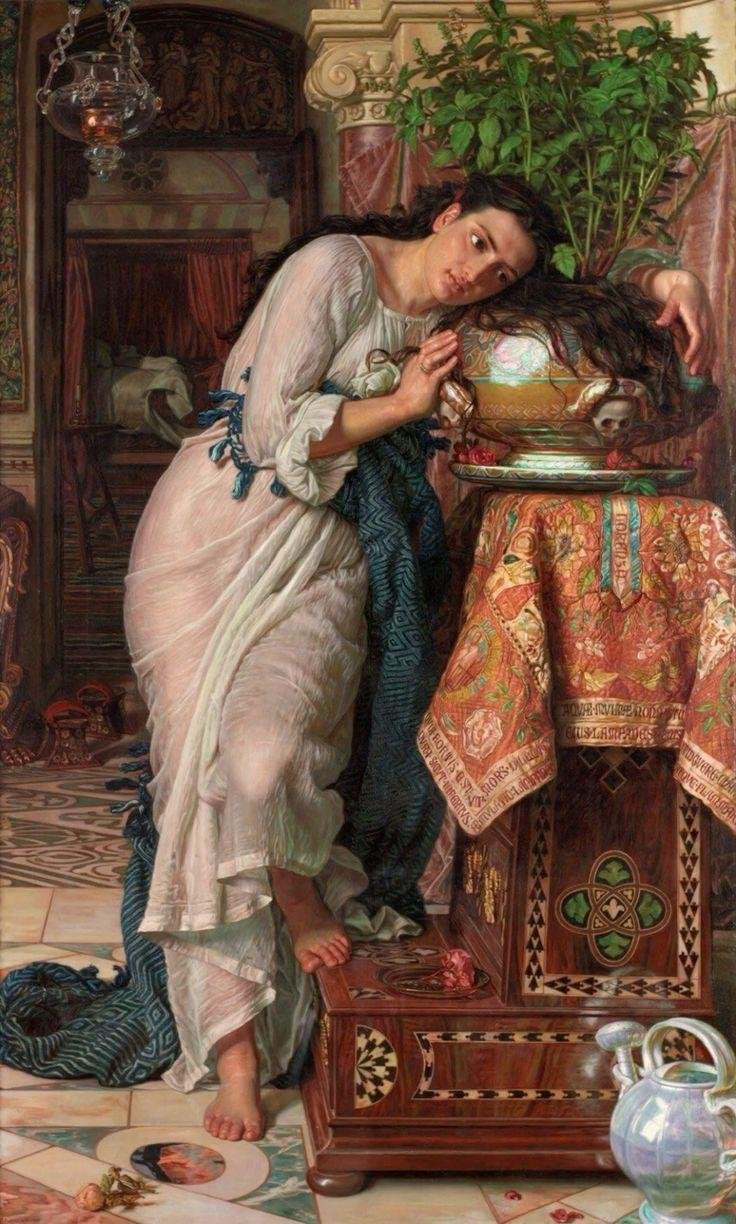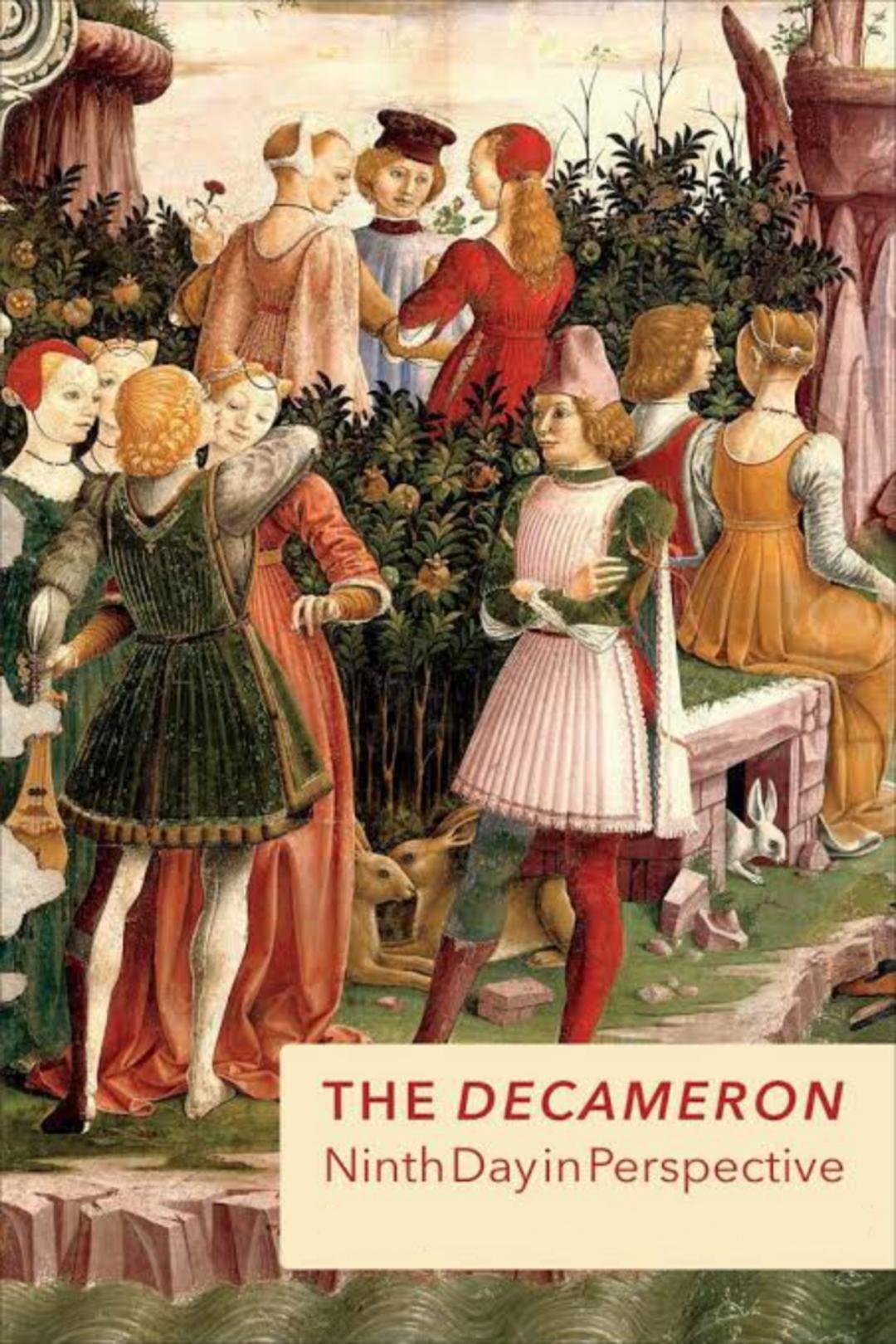Clever Words, Cleverer Women: Female Agency in the Tale of Madonna Filippa

Introduction:
Giovanni Boccaccio’s The Decameron presents a vivid tapestry of 14th-century life, brimming with stories of love, trickery, and morality. One of the most striking tales, “The Tale of Madonna Filippa,” challenges societal norms and gender expectations through the wit and eloquence of its female protagonist. This review explores how Boccaccio uses this tale to subtly critique patriarchal laws and champion intellectual agency, especially among women.
Summary:
In the story, Madonna Filippa is caught committing adultery, a crime punishable by death under local law. However, when she is brought to court, she boldly defends herself by arguing that the law is unjust and not made with women in mind. Her clever and respectful speech impresses the judge and the public, leading to her release and the eventual change of the law. Through her grace and intelligence, Filippa escapes punishment and reshapes her society’s views on justice and gender roles.
Analysis:
Boccaccio crafts Filippa as a symbol of reason and rhetorical strength in a world dominated by male authority. Her situation is grave—adultery could mean death—but she faces it not with fear, but with intellect. Her argument that “a woman who does not lack for love at home does not seek it elsewhere” is both clever and piercingly logical, revealing the inadequacy and gender bias of the law.
The tale uses irony and dialogue to powerful effect. While Filippa is technically guilty, the real crime Boccaccio seems to point out is the existence of such a harsh and one-sided law. This irony adds depth and invites readers to question legal and social systems, especially those that govern gender relations.
Furthermore, Boccaccio presents an advanced, almost modern view of women. Filippa is not punished for her intelligence or assertiveness; instead, these traits are celebrated. In the context of the 14th century, this is particularly radical, as women were often silenced or shamed for challenging societal norms.
The tale also resonates today. Discussions around bodily autonomy, outdated laws, and women’s rights continue globally. Filippa’s story, though set centuries ago, mirrors current movements advocating for justice and gender equality. Boccaccio seems to suggest that wit and reason should be the true measures of character, not gender or conformity.
Personal Response:
I found this tale both entertaining and thought-provoking. Filippa’s courage and intellect made her an inspiring character, especially in a medieval setting. I appreciated how Boccaccio did not shame her but instead gave her the tools to defend herself and make a lasting impact. The humor and logic she uses in court made the story memorable and surprisingly empowering.
Conclusion:
“The Tale of Madonna Filippa” stands out as a powerful commentary on justice, gender, and the value of wit. Boccaccio’s portrayal of a woman using intellect to overcome societal constraints remains relevant and compelling. This tale is not just a clever anecdote—it’s a reminder that real change often begins with a single voice speaking truth to power.







